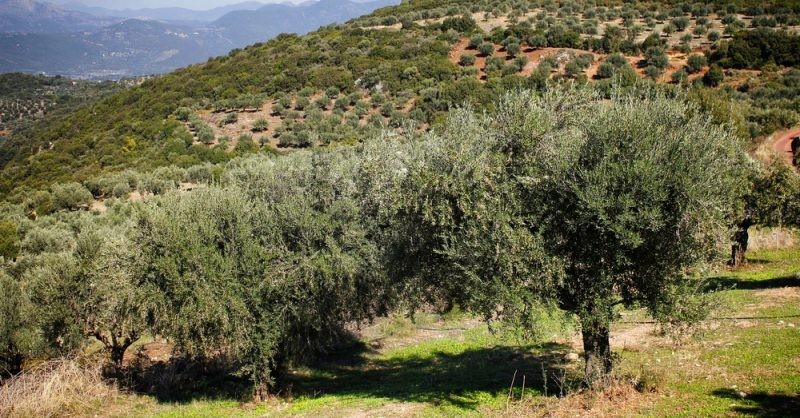Simplified application procedures and better communication among local, national and European stakeholders are the priorities for the improvement of Leader programmes which finance rural development projects, a new study has found.
The survey was conducted by the European Network for Rural Development (ENRD) with the participation of 27 EU member states. Approximately 72% of the responses came from the leaders of the Local Action Groups (LAG) and called for better interaction and cooperation among the implementation bodies as well as the support of new ideas.
LEADER/CLLD is an EU initiative that is financing projects supporting the development of rural areas, both in the private and public sector.
It is implemented by around 2,600 Local Action Groups (LAGs), covering over 54% of the rural population in the EU and bringing together public, private and civil society stakeholders in a particular area. In Greece, LEADER is managed by the ministry of agriculture and has a budget of €400 million for the 2014-2020 programming period.
Among the major issues that LEADER programme participants need to face is bureaucracy, financial and administrative requirements. They also referred to time-consuming and continuous reporting processes, as well as strong links between local actors and constantly changing regulations.
“The management frameworks and the regulations are particularly demanding for the small societies where LEADER is applied. They give more emphasis to punishment, thus shifting attention from designing, implementation and local innovation to management,” said Stathis Kefalidis, general director of the Regional Development Agency of Rodopi and coordinator of LEADER/CLLD of Rodopi – Xanthi.
“As stated in the opinion published by the European Economic and Social Committee, that also destroys trust and good local dialogue”, he added.
Stratos Harhalakis, the mayor of Kythira and chair of the Programme Management Committee, LEADER/CLLD of Attica Islands, noted that just two years before the official end of the programme, no LAG has managed to publish a call for proposals in Greece.
“The framework needs simplification in order to make better use of the available resources,” he warned.
Focus on investments, not papers
For LAGs, the priority is to invest in cooperation and innovation rather than produce never-ending reports for the administrative and financial management.
“We want the controls to be focused more on the investments and less on the papers. This will benefit all of us, and especially the people living and working in the countryside”, said Marinis Beretsos, vice chair of the Greek LEADER/CLLD network.
“Leader programmes are particularly useful and efficient as they are designed by the local community and are therefore closer to its actual needs. Unfortunately, management implications are too many and they are steadily increasing,” Harhalakis added.
Source: euractiv





































